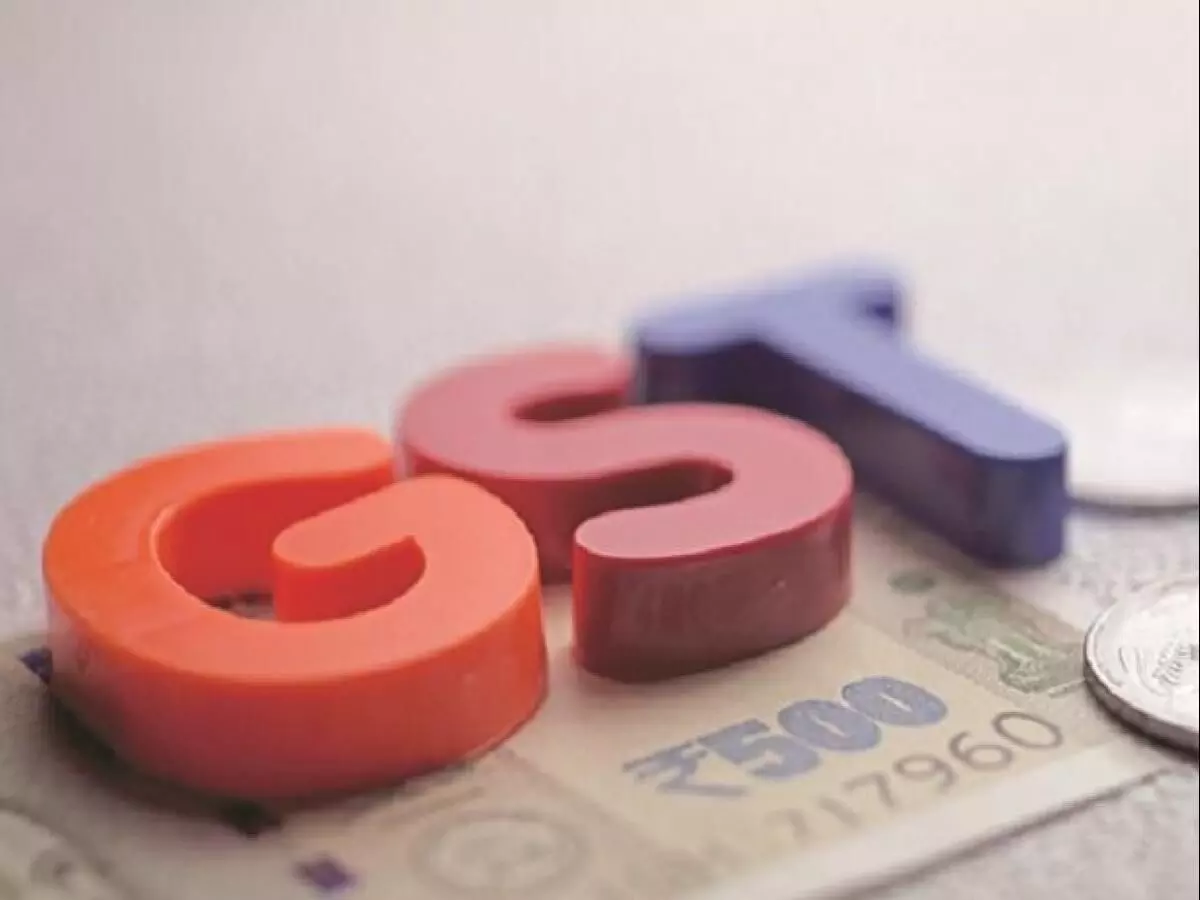
Cloth, footwear likely to be costlier with new 12% GST
text_fieldsNew Delhi: Clothing and footwear prices are likely to rise as the Union government notified a uniform increase of 12% GST on both the commodities from January 2022, The News Minute reports.
The move attempts to correct the inverted duty structure, a scenario in which tax on individual inputs is more than the finished good. The Central Board of Indirect Taxes and Customs (CBIC) had issued the notification on November 18.
GST on fabrics has been increased to 12% from 5%. It was 5% GST on footwear under RS 1000, but it is now 12% for footwear of any value. Clothing will also have a similar GST of 12% uniformly. Woven fabrics of silk, cotton, wool, coarse animal hair, flax, jute or other textile bast fibre, vegetable textile fibres all are included in this. But synthetic fibres yarn has been lowered to 12%.
Meanwhile, several components that used to be taxed at 5% also got raised to 12%.
But Retailers Association of India (RAI) has told Union Finance Minister Nirmala Sitharaman that the new move has shocked the textile industry, the second-largest revenue-generating industry after agriculture. The rate of tax cannot be justified, RAI said.
RAI, in a statement, said that a 7% hike had been proposed to address the issue of Inverted Duty Structure, which is faced by a small segment in the tax value chain. But the new steep increase in the GST rate will adversely impact 85% of the industry when the move is imposed to ease the problem faced by not more than 15% of the industry.
RAI CEO Kumar Rajagopalan said that the GST increase would add to the financial burden of an already-stressed sector, slow down its pace of recovery and affect working capital requirements, especially micro, small and medium enterprises (MSME) that account for 90% of the industry.
Also, prices of garments will increase, hurting consumption. Ultimately, this might lead to many unorganised businesses going out of the GST net in the long run, which will affect the government.
Business Today has reported, quoting the Clothing Manufacturers Association of India, that the move will heavily impact the industry, which already faces pressure due to inflation.
























